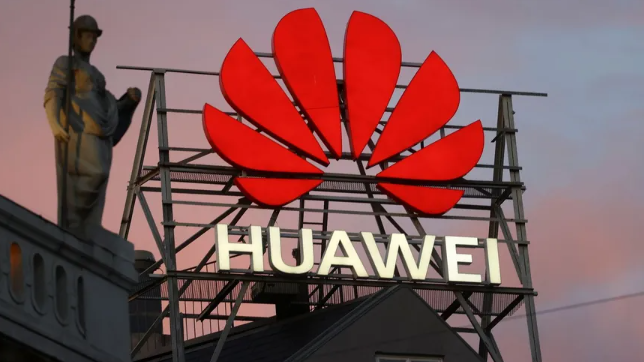
Prominent Chinese corporations are aggressively seeking skilled developers to build and test applications compatible with Huawei’s HarmonyOS mobile operating system. This surge in recruitment follows Huawei’s announcement that its upcoming operating system version will no longer support Android applications.
According to a report from the South China Morning Post, major Chinese companies such as JD.com, Net Ease, and Meituan have initiated expansive hiring efforts to attract highly skilled individuals proficient in developing and testing software that aligns with Huawei’s operating system.
Richard Yu, the Head of Huawei’s Consumer Electronics Division, stated in August that the forthcoming iteration of HarmonyOS, known as HarmonyOS Next, will discontinue support for Android’s programming libraries. This means Huawei phone users won’t be able to install Android applications in the familiar apk format.
During Huawei’s annual developer conference, HDS 2023, in August, Yu reported that 700 million devices were already operating on HarmonyOS, supported by 2.2 million developers offering customized applications compatible with the system.
The report indicates that leading Chinese companies are actively recruiting developers and specialized engineers proficient in Huawei’s software tools and platforms. Their goal is to deliver unique experiences, applications, and services to users of Huawei’s mobile devices, anticipating the launch of the new operating system version.
The increasing demand for technical skills related to Huawei’s tools has prompted companies to enhance salaries and benefits for prospective hires. For example, Meituan offers salaries ranging from 40,000 to 60,000 Chinese Yuan per month, approximately $5,492 to $8,238, for software infrastructure developers on HarmonyOS.
Introduced in 2020, HarmonyOS marked Huawei’s response to a year-long ban on all U.S. products and technologies, including the Android operating system and Google services. Huawei has been actively working to develop alternatives to U.S. services and has successfully launched its own application store, App Gallery.
This recent move by Huawei signifies a determined push for complete independence from the Android system, despite its open-source nature. However, this presents a formidable challenge for the Chinese tech giant, as users have become accustomed to installing and using their favorite Android applications without relying on the Google Play Store.
As HarmonyOS Next approaches, this familiar solution will no longer be viable. Consequently, Huawei faces the task of attracting more developers to its proprietary application store to ensure a seamless transition.”
Leave a Reply